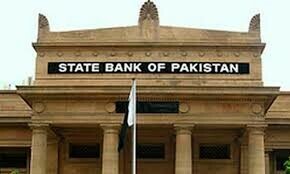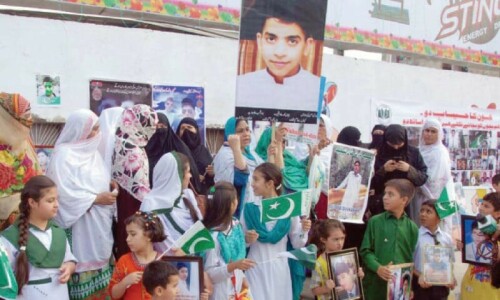
ONE-third of the children in Pakistan suffer from stunted growth due to lack of nutrition. According to a report by the Food and Agriculture Organisation (FAO) of the United Nations, about half of the population is deficient in one or more of essential nutrients, and women and children are the most affected and vulnerable in this regard. Morbidity and mortality rates are higher than other developing nations, too.
A full-fledged school meals programme can help improve nutrition standards in poor communities and slums in urban areas as well as in rural and remote areas. Some non-governmental organisations (NGOs) are working on this issue, but their contribution is negligible at the national level. They do not have the resources to address a problem of such magnitude.
According to some estimates, the working class spends 40 per cent of income on meeting food requirements. If the government and civil society share this burden in the form of a school meals programme, the school dropout ratio will come down, and more and more families will enrol their children in schools offering free meals.
The Punjab government has already started the provision of 175ml milk packs to 400,000 students in south Punjab. The project has been allocated Rs6 billion initially. This is a welcome move, and can be developed and extended further. However, financial constraints will have to be taken care of by generous contrib-utions from the private sector. In this regard, industry and notables at district levels should be taken on board for launching and sustenance of the proposed project.
Large industrial as well as commercial enterprises should be motivated to take responsibility of one or more schools for the provision of food.
Standard meals can be prepared in the light of nutritional requirements of each age group. A healthy and educated Pakistan will surely be a rising Pakistan.
Farrukh Shahab
Lahore
Published in Dawn, December 16th, 2024













































Dear visitor, the comments section is undergoing an overhaul and will return soon.